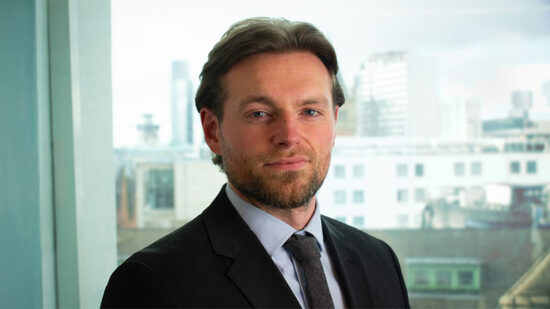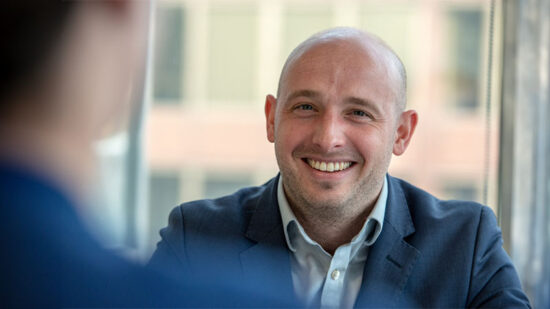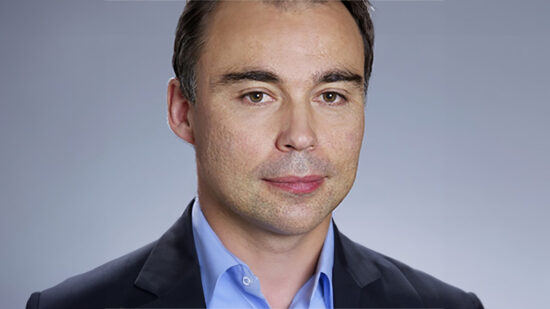This video series sees International Adviser chat with second careerist financial advisers to discuss their journey into the advice sector.
In the video above, Mark Staton talks about his move from being a police officer to financial advice and the lessons he has learned from his transition in the sector.
Staton is now a financial adviser at Elite Financial Planning Consultants.
Transcript:
[Robbie Lawther] Hi, I’m Robbie Lawther, Senior Reporter at International Adviser. Today we’re doing another installment of ‘Why I became a financial advisor’. We are joined by Marc Staton. First question I want to ask you is what did you do before financial advice?
[Mark Staton] After I left school, I spent five years in engineering and then at the age of 24, I joined the police. I joined Staffordshire police, which is my local force, and I served for 25 years. So initially I was in a uniform role for about three or four years and then I spent the rest of my career in detective roles with the CID, child protection work and homicide investigations towards the end of my career, and had some great experiences, it was a great career.
[RL] Next question to you, Mark. What made you become a financial advisor?
[MS] I wasn’t sure what I wanted to do. I suppose my default position would have been to stay within law enforcement in a kind of civilian investigator role. What happened was I attended a pre-retirement course where we were introduced to some of the concepts of investing, and that planted the seed with me. I thought it was something I might be interested in. So I started to read and followed podcasts to try and get a better understanding. But ultimately, that’s the route I went down. And it became, I suppose, increasingly apparent that a number of the skills and abilities required in policing are all entirely transferable to the role of a financial adviser. So a couple of examples. Analyzing data is a big part of policing. Now that transfers across problem solving. And then I suppose mainly communication, being able to communicate with with people from different backgrounds. So whilst I knew it was going to be hard work, I was also attracted to the sort of the flexibility that comes a little bit more with the role. So perhaps being able to fit the role around my home life a bit more than I’ve been used to if I need to. And then ultimately I was introduced to the Open Work Academy and the firm I’m working with, Elite Financial Planning Consultants, and the things have just progressed from there.
[RL] Is there anything about being a financial advisor that has surprised you?
[MS] I suppose one thing that stands out is when I’ve spoken to other financial advisers. The vast majority of advisers seem to really love the job. And I suppose that should be attractive to anybody, who is thinking of coming into financial advice as a second career. The other thing that surprised me is the support that’s available for somebody like me to enter the industry as long as as long as you’re prepared to put the the work in. You know, the support I’ve had from Open Work and my firm has been outstanding. You know, I get that there’s a commercial benefit to bringing in people from diverse backgrounds into the industry. But what I’ve found is that people from from within the industry have more than a bit more than generous with their time and in passing on their knowledge.
[RL] Final question for you, Mark. What’s the most important lesson you’ve learned since joining the sector?
[MS] I mean, I’m just getting started. But there are three things that spring to mind. Firstly, I think if anybody’s considering financial advice as a second career, don’t be shy. Don’t be afraid to ask for advice because people within the industry I have found are more than willing to offer guidance. And secondly, don’t underestimate the commitment that’s required. There’s a lot of hard work. But it seems to be that, you know, you get back what you put it in. And thirdly, I think the thing that keeps cropping up when I do speak to advisers is about dealing with clients. And it’s just really, well, you know, whilst technical knowledge is vitally important, it’s about being yourself, just being genuine with clients and just going the extra mile for them. And that seems to be the approach that your business should grow naturally.
[RL] Mark, thanks for joining us.
[MS] No problem.







